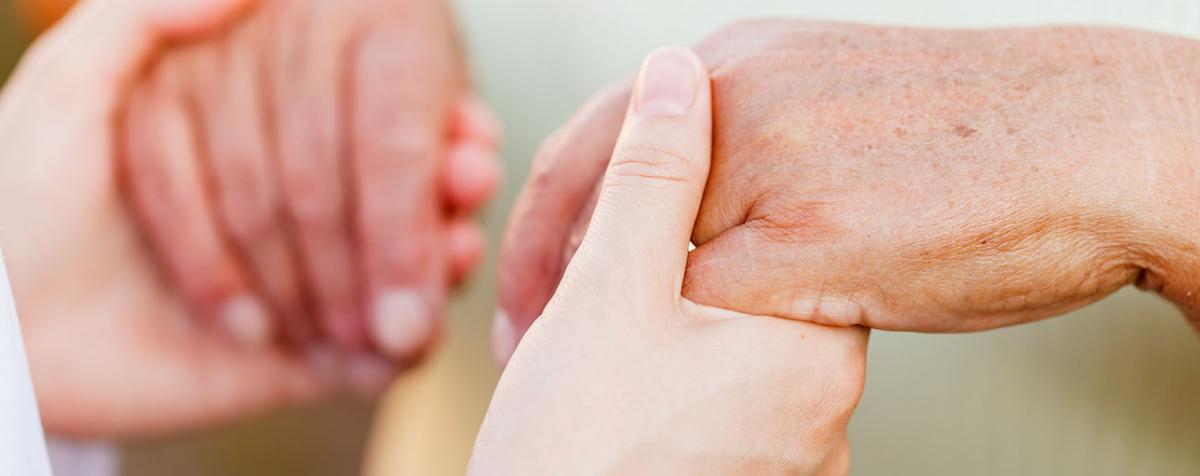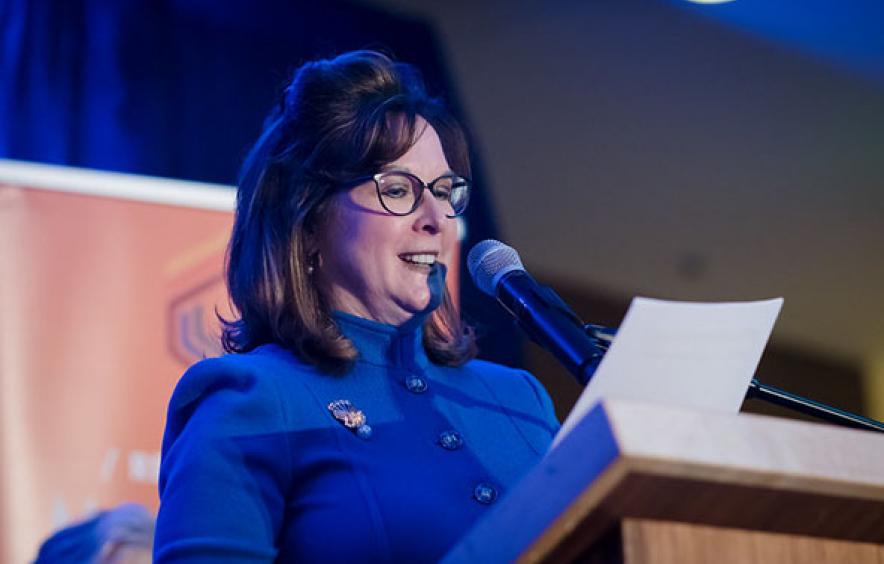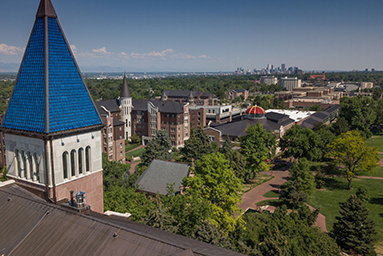Oncology Psychology
One in two men and one in three women will get cancer in their lifetime. Cancer can cause distress for individuals and their families, friends, and caregivers, but well-trained mental health care providers can help alleviate some of that distress. Psychologists can help with cancer-related symptoms like insomnia, nausea, anxiety about treatment, fear of recurrence, and depression. However, research indicates that cancer centers are struggling to meet the psychosocial needs of patients.
The Center for Oncology Psychology Excellence (COPE) at the University of Denver (DU) is a first-of-its-kind training program and partnership with community cancer centers. The first course in the specialty sequence was offered in fall 2016. We offer graduate-level coursework to doctoral students at the Graduate School of Professional Psychology (GSPP), create field placement opportunities in cancer centers across Colorado, build community partnerships to increase access to psychological and social services for cancer patients, and serve as a hub for research and program evaluation on the psychological, social, and emotional impact of cancer.
Specialty Structure
Coursework
COPE coursework will be completed as part of a comprehensive specialty track for students enrolled in the APA-Accredited PsyD program at the Graduate School of Professional Psychology. To complete the Oncology Psychology specialty, PsyD students will take at least 15 credits in the specialty. This will include Introduction to Psychosocial Oncology, a year-long clinical seminar, and other electives.
Field Placements
Students involved in the COPE program will also complete field placements working with cancer patients. These may include:
- Outpatient cancer centers
- Inpatient cancer centers
- Palliative care and Hospice
Clinical Training & Supervision
The Center for Oncology Psychology Excellence offers students a clinical training component on site at the University of Denver's Professional Psychology Clinic. Read more about the services offered through our community-based clinics.
Explore Clinics




